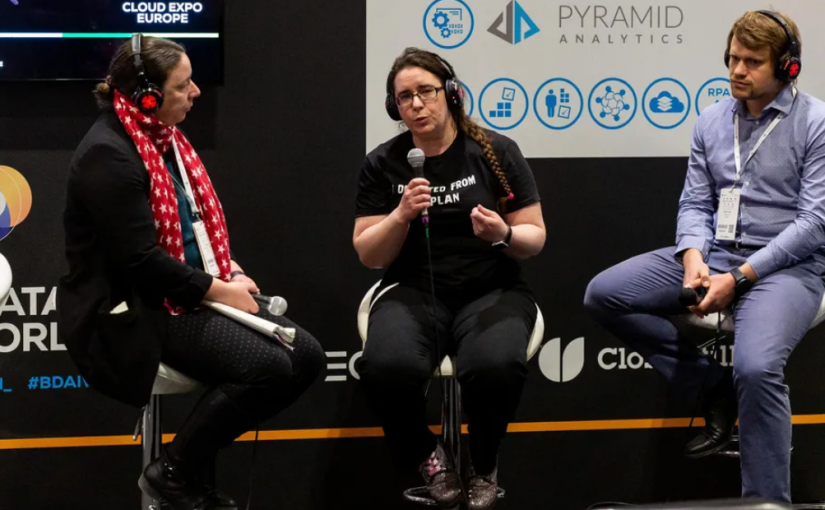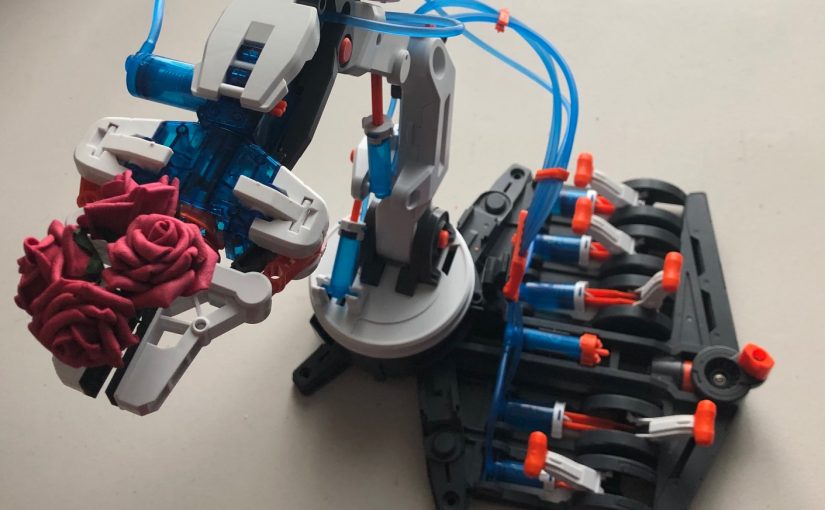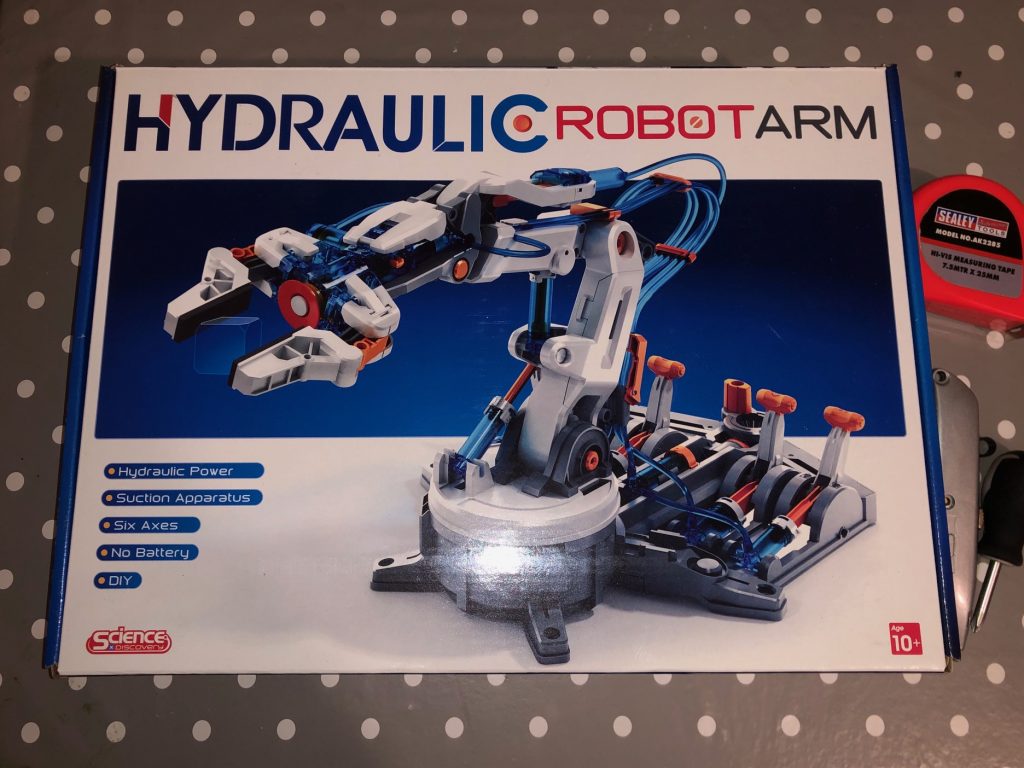A few weeks ago, a friend of mine was asking about which was the best gaming keyboard to buy as theirs was “broken”. I knew that they had a pretty decent Corsair gaming keyboard and that they hadn’t had it all that long (maybe less than a year). The scientist in me immediately asked “In what way is it broken?”.
“The keys are sticking and often don’t register. I’m going to throw it away.”
Always one unable to resist a challenge and prevent something ending up in landfill if I can help, I offered to take a look to see if I could fix it. I wasn’t surprised at the state of it when it arrived. My friend often ends up eating and drinking at their desk during both work and gaming, and most people don’t clean their tech regularly, if at all.
Continue reading Corsair Keyboard Restoration


